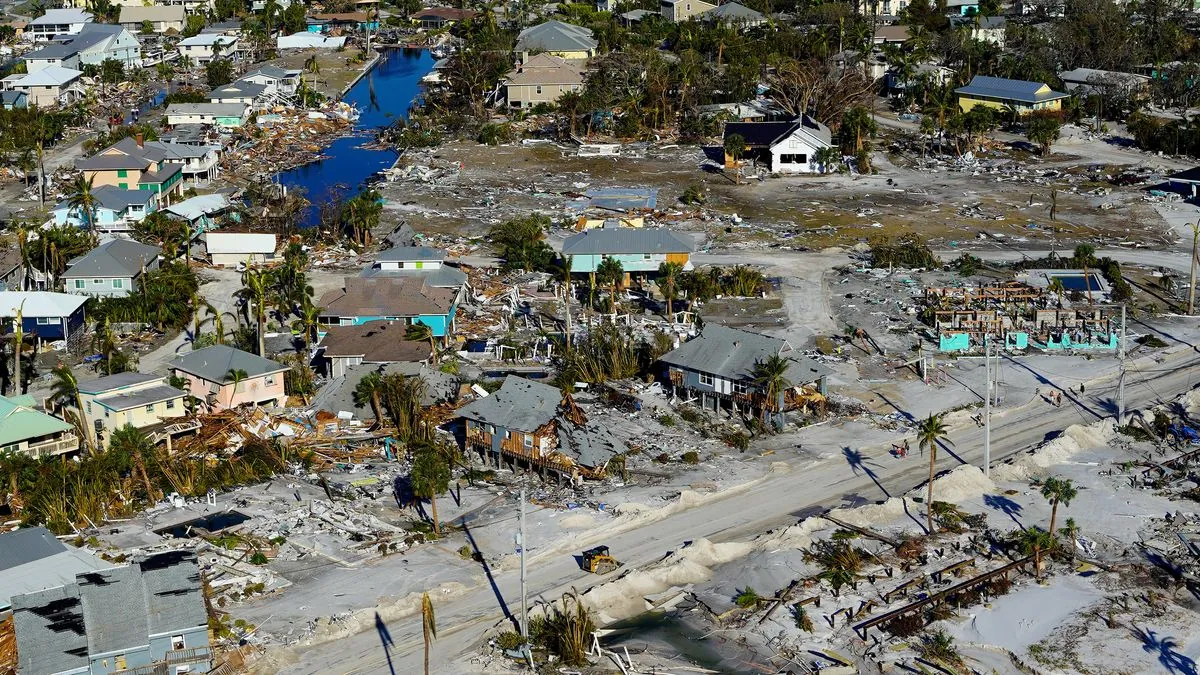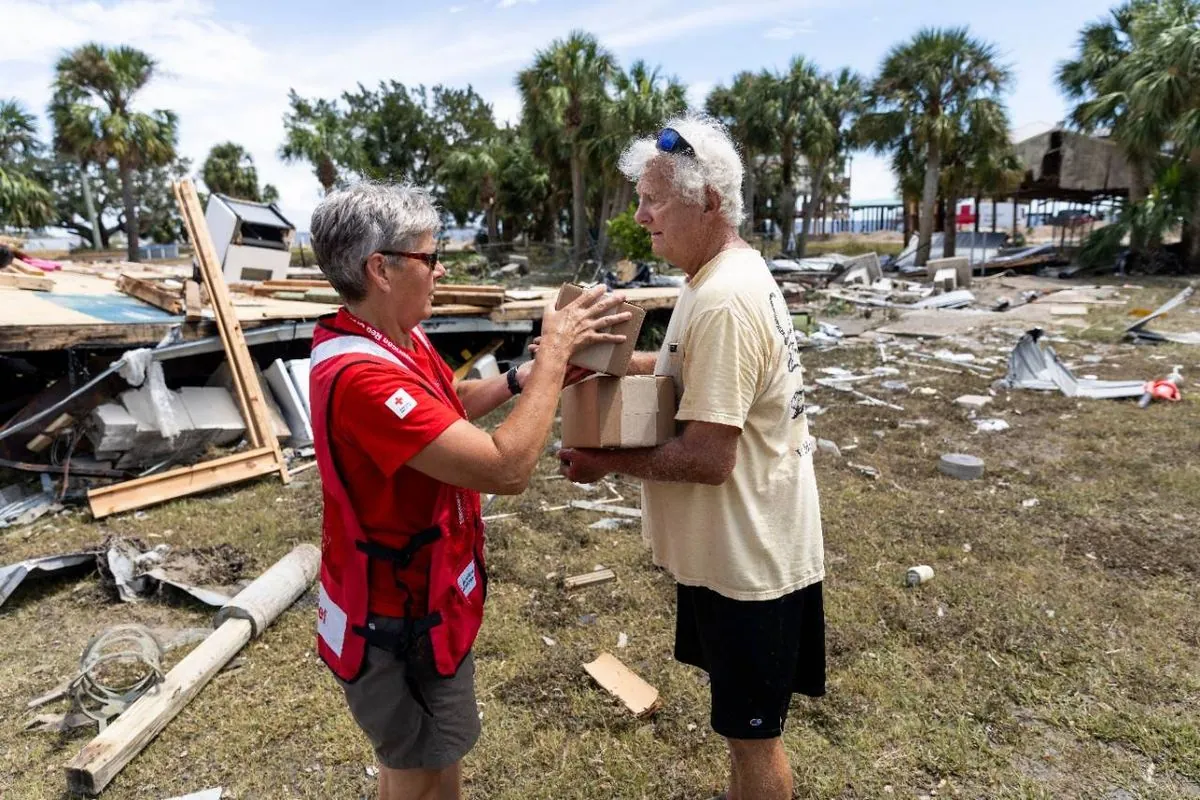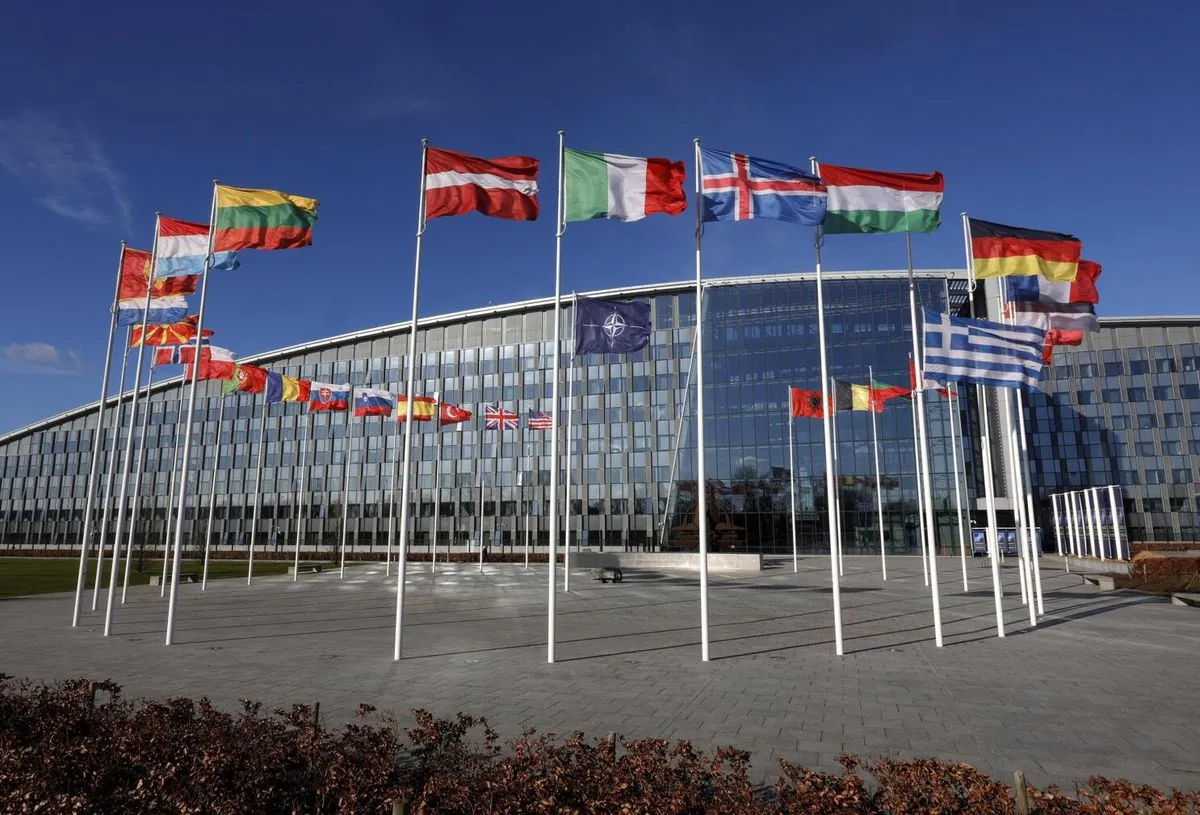Hurricane Helene: Experts Guide Effective Aid Amid Widespread Devastation
Hurricane Helene, a Category 4 storm, has caused significant damage across six states. Experts provide guidance on how to effectively contribute to relief efforts, emphasizing cash donations and strategic giving.

The full extent of Hurricane Helene's impact remains uncertain, but the initial assessment reveals a catastrophic situation. This Category 4 storm, with winds reaching up to 156 mph according to the Saffir-Simpson Hurricane Wind Scale, has claimed at least 120 lives and inflicted billions in damages across six states, spanning from Florida's Big Bend to the Appalachians in Virginia.
As relief efforts mobilize, experts offer guidance on how individuals can contribute effectively:
Prioritize cash donations: Financial contributions are the most flexible and efficient form of aid, allowing organizations to address specific needs without logistical complications.
Support established local charities: Organizations with a history of operating in affected areas can provide targeted assistance more rapidly.
Leverage matching donations: Some entities, like Walmart, are offering to match individual contributions, amplifying the impact of each donation.
Consider long-term support: While immediate aid is crucial, experts emphasize the importance of sustained assistance as communities face months or even years of recovery.

For those seeking reputable organizations, resources like Charity Navigator and GoFundMe have compiled lists of verified relief efforts. The American Red Cross, founded in 1881 by Clara Barton, is among the prominent organizations accepting donations.
Walmart, the world's largest company by revenue, has pledged $6 million for Hurricane Helene relief. Additionally, they will match customer donations to the American Red Cross made at Walmart and Sam's Club stores, as well as online, until October 13, 2024, up to $2.5 million.
"Rebuilding efforts following Hurricane Helene will take months, if not years, and the full picture of need is not available yet."
It's important to note that while the Atlantic hurricane season typically runs from June 1 to November 30, the impacts of climate change are expected to increase the intensity of future hurricanes. This underscores the need for ongoing support and preparedness in vulnerable regions.
As communities grapple with the aftermath of Helene, which may prove to be one of the costliest hurricanes in U.S. history, the Federal Emergency Management Agency (FEMA) will play a crucial role in coordinating long-term recovery efforts. However, private donations remain vital in supplementing government assistance and addressing immediate needs.
By following these expert recommendations, individuals can ensure their contributions have the maximum positive impact on those affected by Hurricane Helene's devastating path.


































